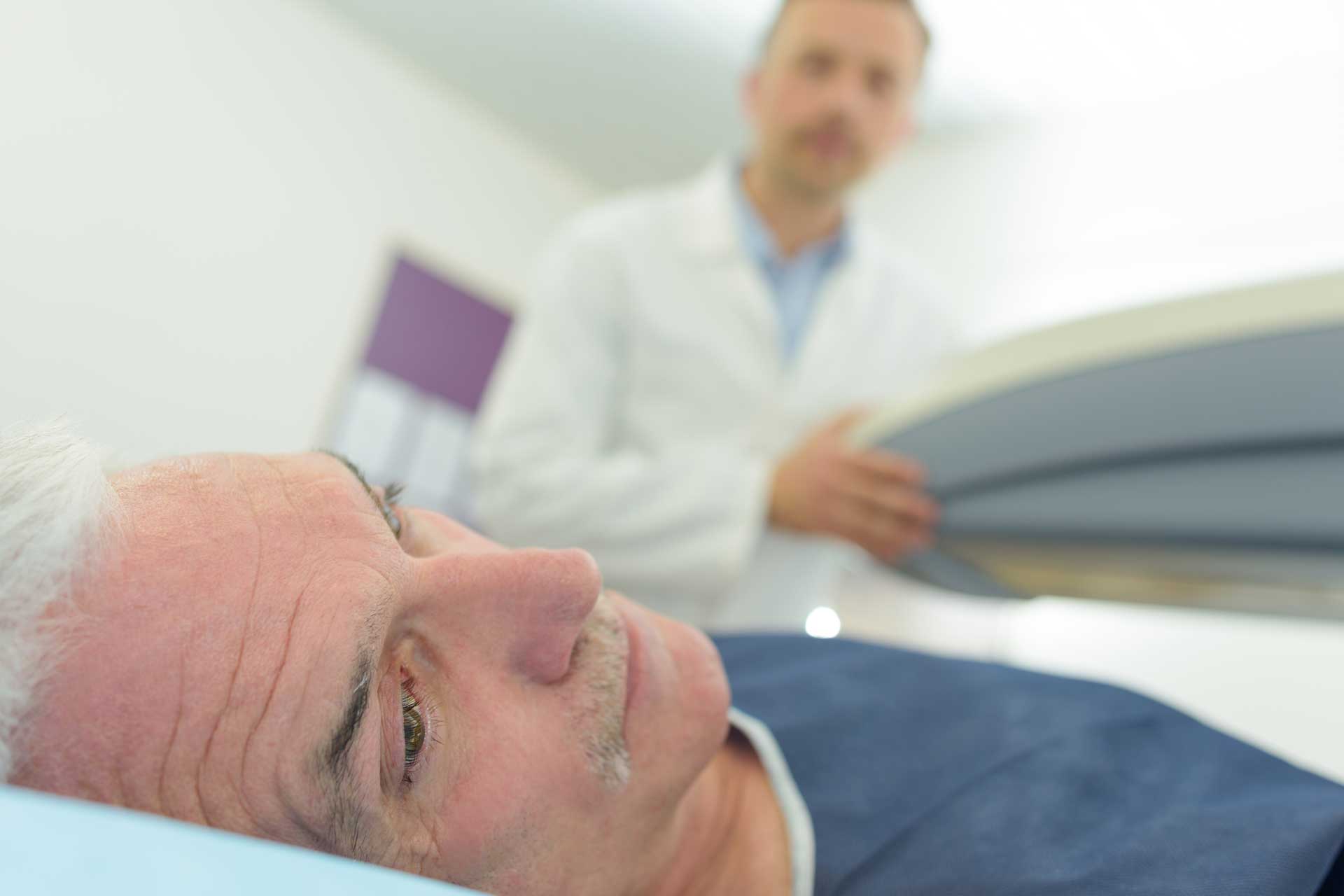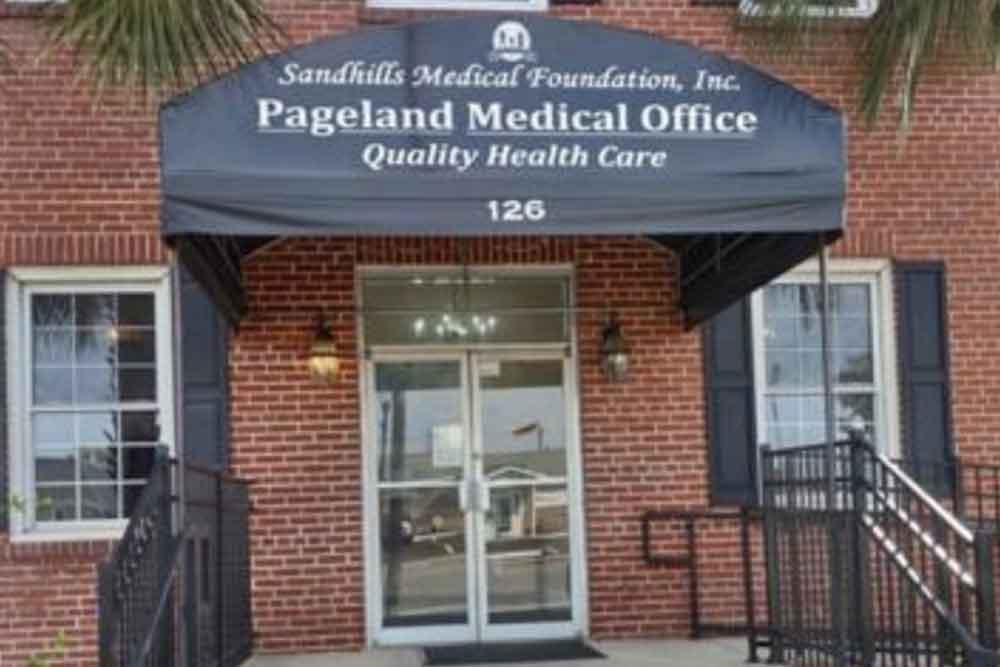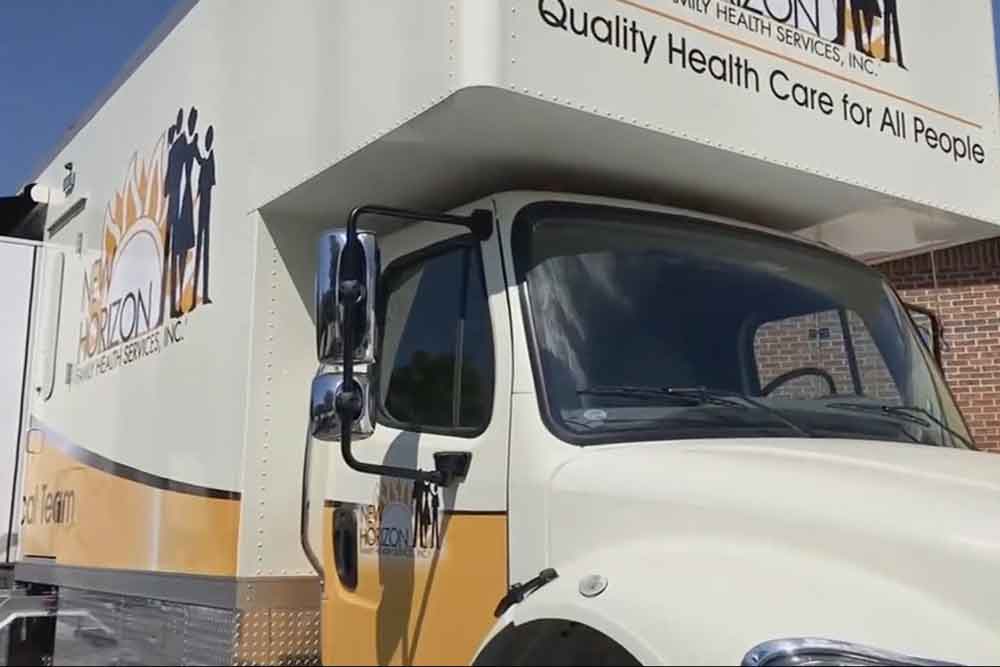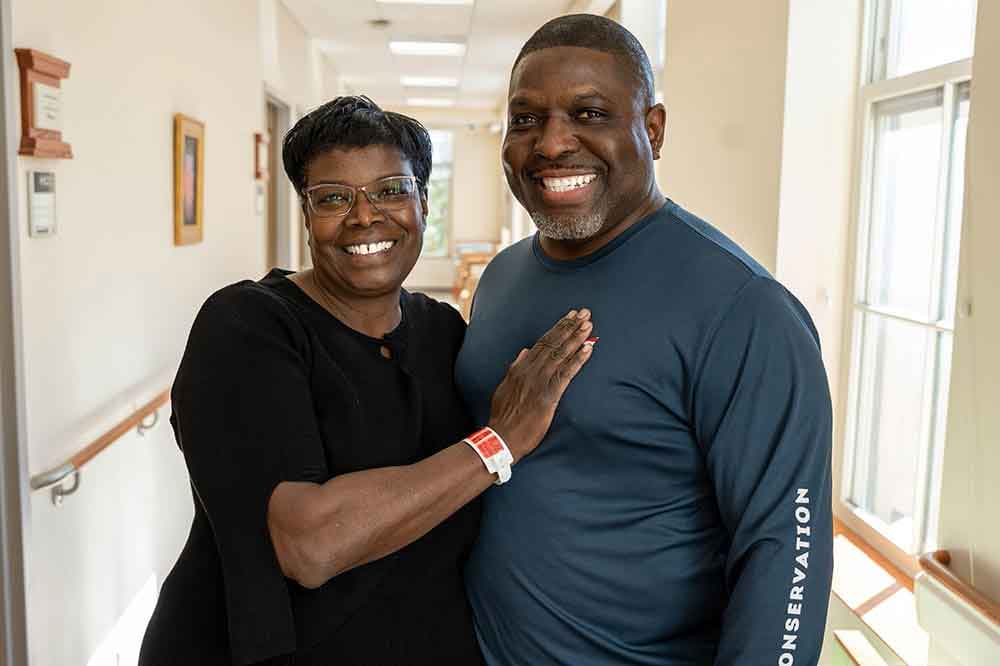Colorectal Cancer Screening A Lifesaver

Source: SC Now
Published: February 29, 2020
CIMS Partner Center: HopeHealth
Colorectal cancer has killed a friend of mine.
It is the second-leading cause of cancer death in South Carolina, and the fourth most commonly diagnosed cancer. Each of us has a 1 in 20 lifetime chance of diagnosis.
On average each year, 2,100 people are diagnosed with this cancer after it has spread beyond the large intestine, and 800 die.
Thankfully, there are ways you can reduce your risk of developing colorectal cancer, and age-adjusted rates of death have already fallen more than 20 percent in the past 20 years.
The top five ways:
» Avoid tobacco.
» Choose a diet low in red and processed meats.
» Maintain a healthy weight.
» Move regularly, avoiding long hours of sitting.
» Find and have removed any polyps, or pre-cancer growths.
Polyps are found by getting appropriate screenings, such as new types of stool cards and colonoscopy, based on your age and other risk factors. All types of screening — even free stool cards available at some clinics — can help reduce the chance of death, because cancer found early is more treatable.
In Florence, access to all types of screening is available. However, as a community, we are not quite meeting the national goal for screening of 70 percent of adults aged 50-74. Many people younger than 50 and older than 74 should also be screened based on their risk factors and life expectancy.
According to research published in May 2019, patients at community health centers, such as HopeHealth, list fear as the No. 1 barrier to screening. Cost and lack of insurance are also barriers, but they are not as common as fear. So even if all screening options were free, many people would still not get screened.
Fear can be rooted in both real and imagined dangers, including:
» General, unexplained feelings of being scared.
» Specific concerns, such as risk of anesthesia.
» Doubt that something could be done if cancer were found.
» Not wanting to hear that anything could be wrong.
As a medical profession, we can work together to reduce barriers, including fear — and the Florence County Medical Society is meeting March 31 to address colorectal cancer. But we need your help! Keep pursuing healthy eating and active living, talk with your doctor about these concerns and encourage them to come to the educational forum on March 31. Visit florencemedical.org for more information on the meeting.
For more information about colorectal cancer screening and your risk factors, talk with your primary care provider and visit hope-health.org/colorectal-health.
To learn more about NHFHS and the work we do, visit www.newhorizonfhs.org.
Regina M. Mitchell, MHA, FACHE is president and chief executive officer of New Horizon Family Health Services, Inc.





